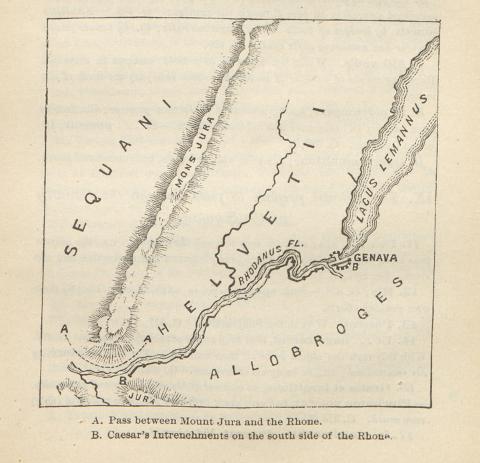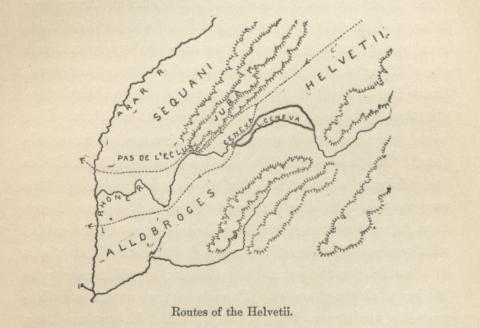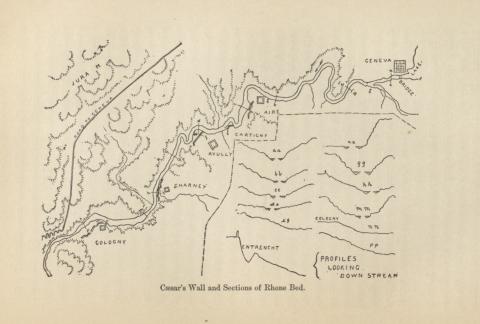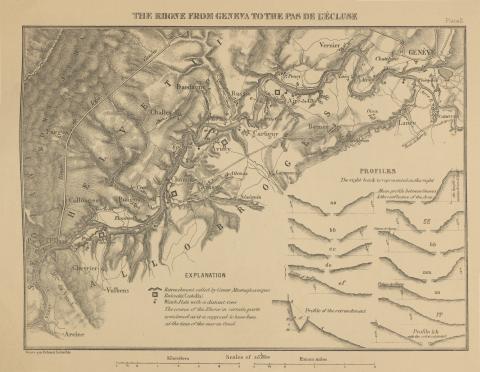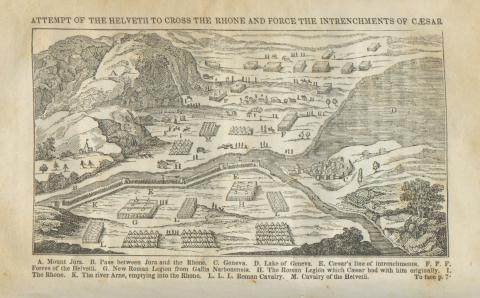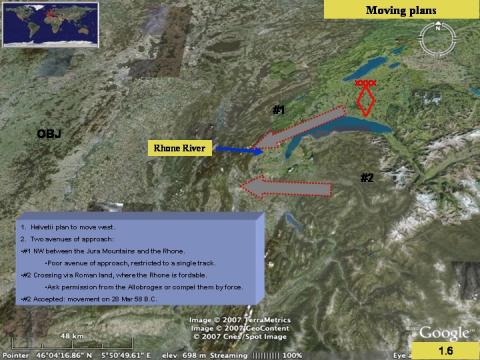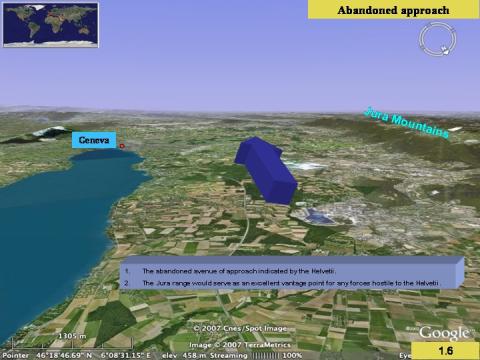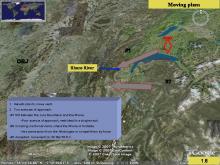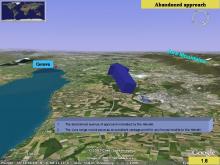Erant omnīnō itinera duo, quibus itineribus domō exīre possent: ūnum per Sēquanōs, angustum et difficile, inter mōntem Iūram et flūmen Rhodanum, vix quā singulī carrī dūcerentur; mōns autem altissimus impendēbat, ut facile perpaucī prohibēre possent: alterum per prōvinciam nostram, multō facilius atque expedītius, proptereā quod inter fīnēs Helvētiōrum et Allobrogum, quī nūper pācātī erant, Rhodanus fluit, isque nōn nūllīs locīs vadō trānsītur. Extrēmum oppidum Allobrogum est proximumque Helvētiōrum fīnibus Genāva. Ex eō oppidō pōns ad Helvētiōs pertinet. Allobrogibus sēsē vel persuāsūrōs, quod nōndum bonō animō in populum Rōmānum vidērentur, exīstimābant vel vī coāctūrōs ut per suōs fīnēs eōs īre paterentur. Omnibus rēbus ad profectiōnem comparātīs, diem dīcunt, quā diē ad rīpam Rhodanī omnēs conveniant. Is diēs erat a. d. V. Kal. April., L. Pīsōne, A. Gabīniō cōnsulibus.

